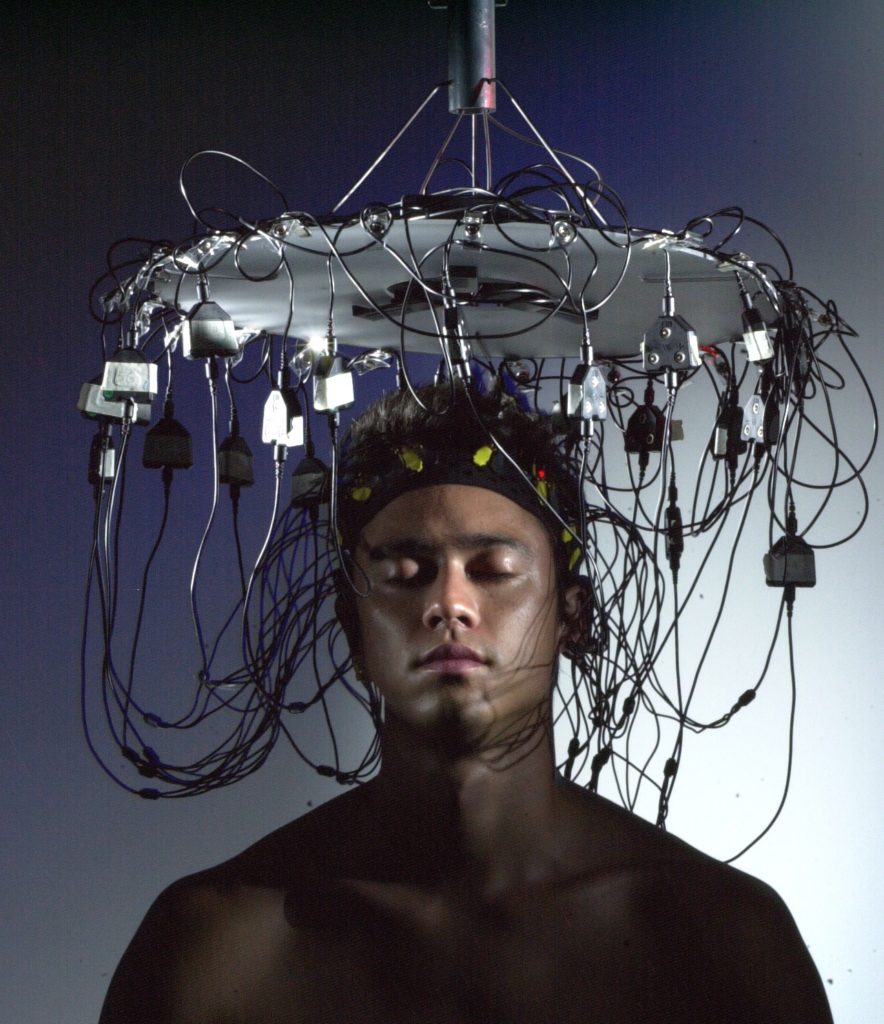Um…come again?
Yeah, as if hackers haven’t caused us enough trouble lately, now it’s concievably possible for them to hack your brain and obtain your passwords. Our mother’s told us all this online stuff was going to lead to no good. Well, here we are.
It all sounds uber creepy and sci-fi but once you review the study, you understand that tapping brain waves works the same way as just about every other hacking technique out there…and that is by studying the participants and looking for a unique pattern.
A group of study participants were fitted with EEG headsets and then asked to key in 4 or 6 character capshas or passwords. The study was conducted using both physical and virtual keyboards. The participants were studies and, based on individual quirks and traits, they were able to assign letters and numbers to these patterns and then use them to recreate the passwords. Turns out they were accurate 47% of the time compared to a random accuracy rate of 10%.
You can read the full article here.
You might scoff thinking I’m never going to be wearing an EEG headset at the same time that I’m keying in my passwords. However, brain wave sensing technology for home use is already a staple of the home video game consumer…who likely buys and downloads games right from their game console.
Brain wave hacking might not be a viable threat at the moment, but it’s always a good idea to remind yourself of actual hacking risks and ways to prevent them. See the article below for a refresher course.
9 Common Hacking Techniques and how to deal with them.







